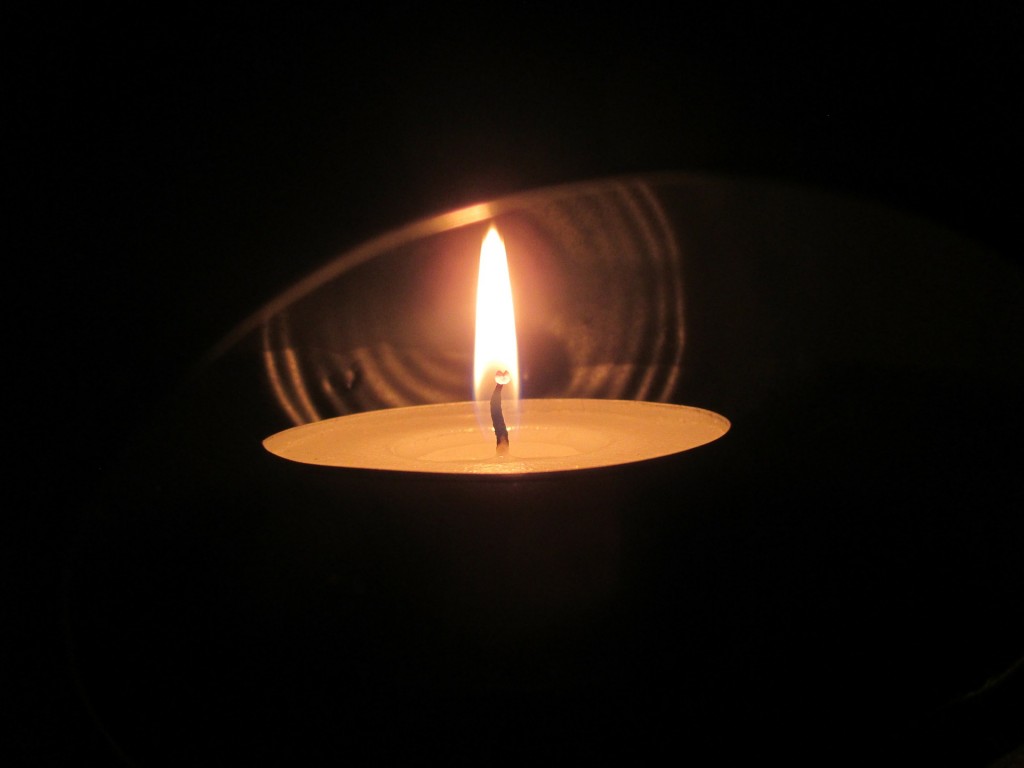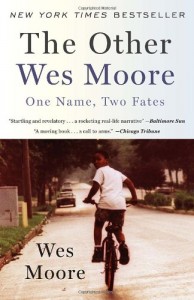
The sentiments from my previous blog post still ring true: Standout leaders make sacrifices for those in need. We’ve seen the same positive guidance come from our local leadership.
A recent example of exceptional leadership within EHE is illustrated by the Whole in One golf camp led by Kelly Trent and Jae Westfall.
Whole in One, a unique camp designed for young children with autism, was created to introduce young people to a sport that would allow them to use their talents and excel. It was made possible through the work of many volunteers, some from the college and several others from local high schools, along with a comprehensive team of professionals. This all-inclusive team included a professional golfer and specialists in adaptive physical education, speech pathology and logistics.
A week ago, the 2016 Whole in One golf camp came to a close.
I applaud each and every one of the camp’s team members for their vision, dedication, perseverance and service to others. They are role models for all of us to stand up for inclusivity.
I hope many more in our college will seize similar opportunities. Efforts to make life better for others inevitably makes life better for the broader community as well as for ourselves.
Is there anything more important now?





 Poetry is almost religion for me.
Poetry is almost religion for me.

 My monthly book review celebrates a book by one of our own “family members,” Ashley Perez. She is the wife of Arnulfo Perez, assistant professor in EHE’s Department of Teaching and Learning.
My monthly book review celebrates a book by one of our own “family members,” Ashley Perez. She is the wife of Arnulfo Perez, assistant professor in EHE’s Department of Teaching and Learning. 